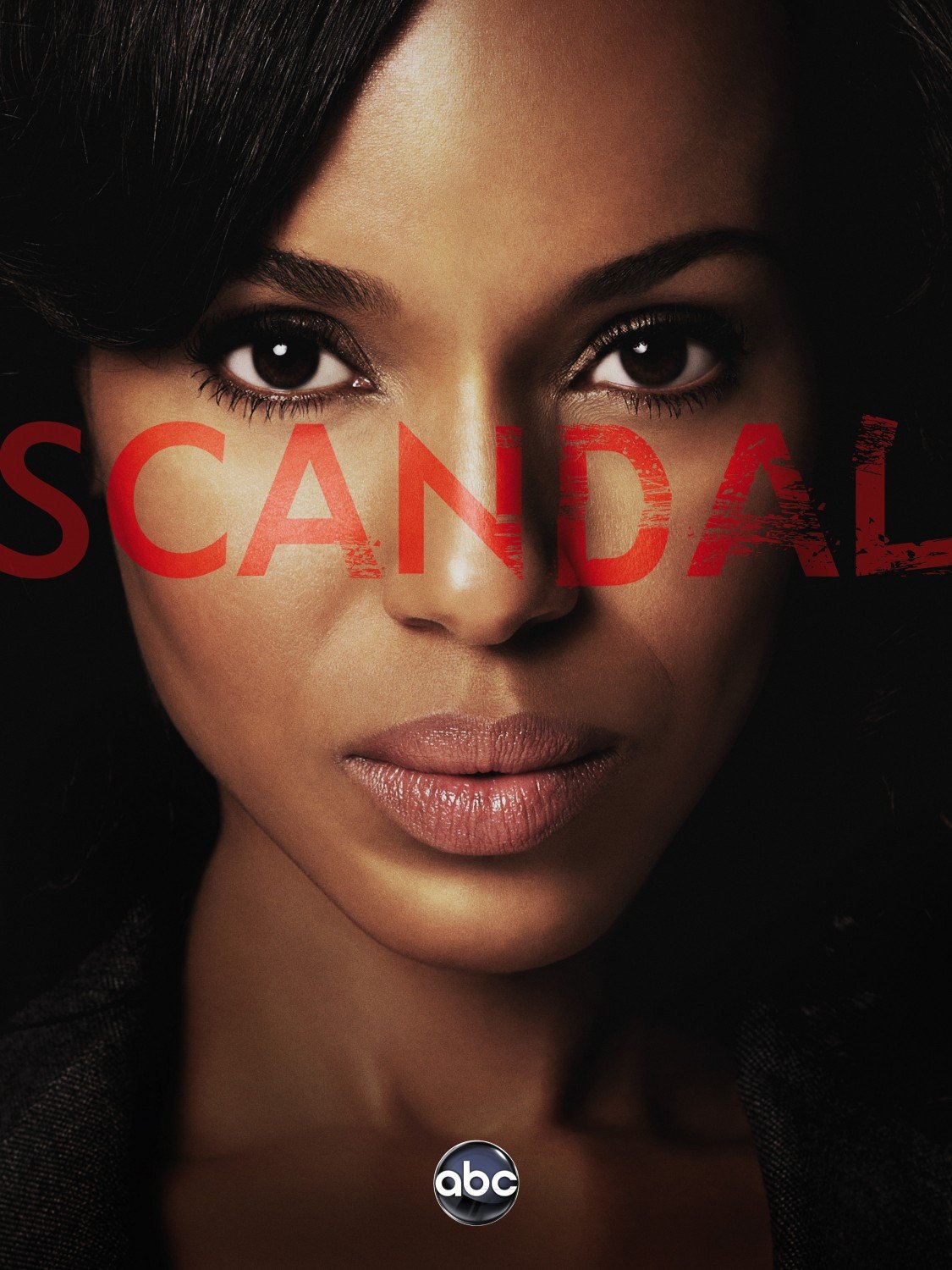Scandals have the power to shape public perception and significantly impact the lives and careers of those involved. In today's digital age, the rapid dissemination of information means that scandals can go viral almost overnight, leading to both immediate consequences and long-term repercussions. Understanding the dynamics of scandals is crucial for both the public and the individuals involved. This article explores the various dimensions of scandals, their implications, and how they can alter the trajectory of public figures.
Throughout history, scandals have captivated audiences and sparked widespread discussions. From political controversies to celebrity missteps, the fallout from these events can be devastating, affecting not just reputations but also personal lives and careers. In this article, we will delve into the nature of scandals, examine notable examples, and analyze their effects on public figures.
As we navigate through this topic, we will also consider the role of media and social networking in amplifying scandals, the psychology behind public reactions, and the potential for redemption in the aftermath of a scandal. Join us as we unravel the complexities of scandals and their profound impact on society.
- Xcraft Shark Tank Net Worth The Rise Of A Drone Innovation
- Prestonplayz Net Worth Exploring The Success Of A Gaming Sensation
Table of Contents
- What is a Scandal?
- Types of Scandals
- Notable Scandals in History
- The Role of Media in Scandals
- The Psychology Behind Scandals
- Impact on Public Figures
- Recovery and Redemption
- Conclusion
What is a Scandal?
A scandal is defined as an action or event regarded as morally or legally wrong and causing general public outrage. Scandals can arise from a variety of circumstances, including personal misconduct, ethical breaches, or criminal activities. The public's reaction to a scandal often hinges on the severity of the actions and the perceived implications for those involved.
Key characteristics of a scandal include:
- Public Outrage: Scandals often provoke intense emotional responses from the public, leading to debates and discussions.
- Media Coverage: The media plays a crucial role in exposing and amplifying scandals, often shaping public perceptions.
- Long-term Consequences: The fallout from a scandal can have lasting effects on the individuals and organizations involved.
Types of Scandals
Scandals can be categorized into several types, each with its unique implications and consequences. Some common types include:
- Masterchef Junior Season 2 Where Are They Now
- Wade Phillips Net Worth An Indepth Look At The Legendary Nfl Coachs Earnings
Political Scandals
Political scandals often involve misconduct by public officials or government representatives. These can include corruption, bribery, or ethical violations. The impact on public trust in government institutions can be profound.
Celebrity Scandals
Celebrity scandals often garner significant media attention and public interest. These may involve personal indiscretions, legal troubles, or controversial statements. The repercussions can include damage to reputations and career setbacks.
Corporate Scandals
Corporate scandals involve unethical behavior by companies or their executives, often leading to financial losses and legal consequences. High-profile cases of fraud or misconduct can erode public trust in entire industries.
Notable Scandals in History
Throughout history, numerous scandals have left a lasting impact on society. Some notable examples include:
- Watergate Scandal: This political scandal in the 1970s led to the resignation of President Richard Nixon and raised questions about governmental integrity.
- Monica Lewinsky Affair: The scandal involving President Bill Clinton and White House intern Monica Lewinsky resulted in impeachment proceedings and significant media coverage.
- Enron Scandal: This corporate scandal involved accounting fraud that led to the bankruptcy of Enron Corporation and prompted regulatory reforms in the corporate sector.
The Role of Media in Scandals
The media plays a pivotal role in the development and dissemination of scandals. With the rise of social media, news can spread rapidly, often outpacing traditional reporting. This has several implications:
- Amplification: Social media platforms can amplify scandals, leading to widespread public outrage.
- Fact-checking and Misinformation: The speed of information sharing can lead to the spread of misinformation, complicating the narrative around a scandal.
- Influence on Public Perception: Media framing of a scandal can significantly influence public attitudes and responses.
The Psychology Behind Scandals
Understanding the psychology of scandal is essential for analyzing public reactions. Several psychological factors contribute to how individuals perceive and respond to scandals:
- Moral Outrage: Scandals often trigger a sense of moral outrage, leading individuals to voice their disapproval.
- Social Identity: People may align themselves with specific groups, influencing their reactions to scandals involving public figures they identify with.
- Desire for Justice: The public often seeks accountability and justice in the aftermath of a scandal, contributing to ongoing discussions.
Impact on Public Figures
The repercussions of a scandal can be severe for public figures, affecting their careers, personal lives, and public perceptions. Some potential impacts include:
- Career Consequences: Scandals can lead to job loss, legal issues, and a tarnished reputation.
- Personal Relationships: The fallout from a scandal can strain personal relationships, leading to isolation and emotional distress.
- Public Scrutiny: Public figures involved in scandals often face intense media scrutiny and public criticism.
Recovery and Redemption
While scandals can be devastating, some public figures manage to recover and regain their standing. Key factors influencing recovery include:
- Public Apology: A sincere public apology can help rebuild trust and mitigate backlash.
- Transparency: Being transparent about actions and intentions can foster a sense of accountability.
- Time: Often, time can heal wounds, allowing individuals to re-enter the public sphere.
Conclusion
Scandals are powerful events that can shape the lives of public figures and the perceptions of the public. Understanding the dynamics of scandals, their types, and their implications is essential for navigating the complexities of modern society. As we have discussed, the impact can vary widely, but the potential for recovery and redemption always exists.
We encourage you to share your thoughts on this topic. What are your views on the impact of scandals? Have you witnessed any notable examples? Leave a comment below and join the conversation!
Thank you for reading this article! We hope you found it informative and engaging. Be sure to check out our other articles for more insights and discussions on relevant topics.



Detail Author:
- Name : Colleen Leuschke
- Username : moconner
- Email : qhuels@anderson.com
- Birthdate : 1991-02-04
- Address : 9917 Huel Junction Apt. 766 East Cecilburgh, TN 52214-6377
- Phone : (901) 428-1891
- Company : Jast Ltd
- Job : Radiologic Technologist
- Bio : Minus possimus aspernatur tenetur aperiam sed quae harum. Quaerat et vel beatae commodi sapiente consequatur nulla possimus. Magnam illo impedit voluptates aut rem.
Socials
tiktok:
- url : https://tiktok.com/@vladimir.schiller
- username : vladimir.schiller
- bio : Est dolor ut ea doloremque aut delectus.
- followers : 328
- following : 2985
twitter:
- url : https://twitter.com/vladimir.schiller
- username : vladimir.schiller
- bio : Facere minus placeat ipsam deserunt. Est et iste quis qui. Placeat reiciendis et eius ullam suscipit occaecati. Repudiandae dolor ea omnis sapiente.
- followers : 3860
- following : 1265
instagram:
- url : https://instagram.com/vladimirschiller
- username : vladimirschiller
- bio : Ducimus illo et et nobis maiores ex. Cupiditate voluptatem culpa eos expedita et repellat.
- followers : 1792
- following : 1149